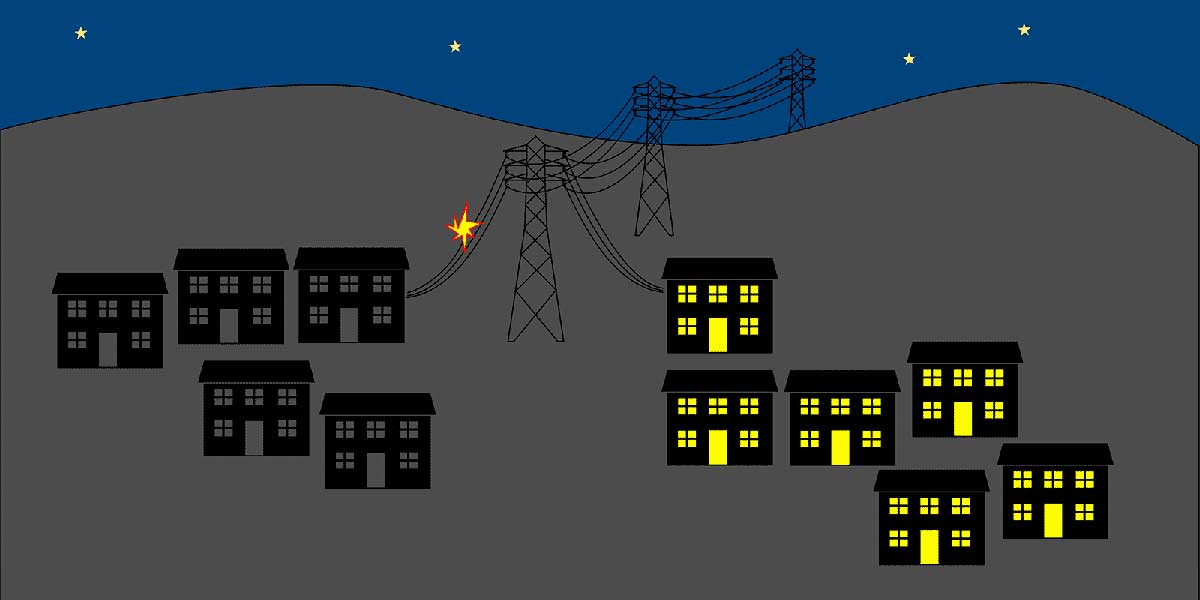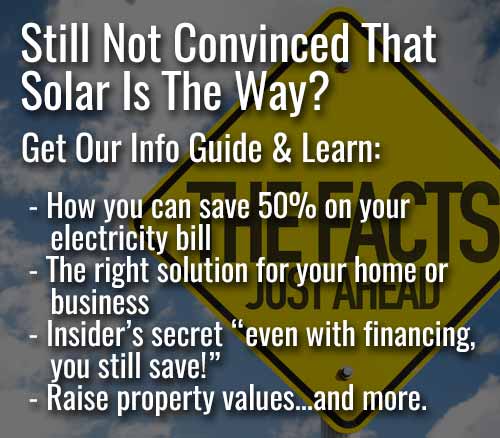South Africans have been at the mercy of Eskom and municipal electricity for nearly a full century. Rising costs of power, mismanagement of the infrastructure and less bang for your buck every year - how time flies when you’re having fun!
We’ve all been thinking about making our homes as energy efficient as possible for a long time now. You’ve probably become a bit of a Scrooge when it comes to saving on energy costs at home or in your business. “Turn off the lights when you leave the room!” ”If you’re taking more than 3 minutes in the shower, you’re doing something other than washing!” ”Why is the kettle boiling 20 times a day? Make a flask of coffee and take it to your desk!”
Sounds familiar? Yep, we’ve all become THAT person.
“Going off-grid” used to seem like some kind of fantasy Utopia. Perhaps you envision pollution-free towns with giant wind turbines lazily turning in the background. There's sunlight glinting off the solar photovoltaic panels on every rooftop. There's beautiful people drifting around with flowers in their hair and extra money in their pockets…
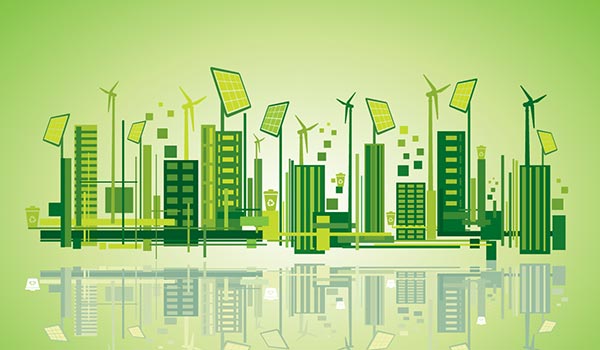
The future is now!..well, soon...
But seriously - how easy is it to get off the power grid? Is it realistically achievable for the average South African homeowner?
The answer is quite simply – yes, it’s more achievable than ever. Here are some aspects of going off-grid that you should be thinking about.
1. Off The Grid – What Does It REALLY Mean?
Essentially, it’s about producing enough alternative energy that you don’t have to rely on an outside power source.
South Africa has a notoriously erratic and unreliable electricity supply, as do our fellow African countries, and other developing countries as well. It's well worth it for South Africans to seek out alternative energy solutions.
In developed countries, the search for alternative energy sources is triple-headed. It’s driven by people who want to reduce their carbon footprint, have a more environmentally-friendly home and lifestyle, AND reduce their living expenses.
There are three main alternatives to sourcing electricity from the national grid: solar-generated power, gas power and wind power – or a combination of all of them.
Much as we all gripe about the shortcomings of Eskom (and lately, its refusal to sign additional power producer agreements), it’s becoming more amenable to the idea of homeowners decreasing the burden on the national power grid. It wants you to install power-saving devices like solar water heaters.
2. Sunny South Africa and Its Solar Power Options
South Africa is the world’s third-best location for generating solar power, after the Saharan countries and the US southwestern desert region. This means that solar power is a great option for our households.
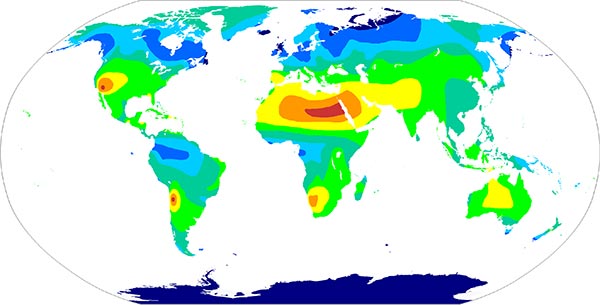
From Wikipedia
Solar panels are a key component of any solar-powered system. In its simplest form, a solar panel consists of an array of photovoltaic (PV) cells which generate a direct current from sunlight. This is then converted from DC to AC by an inverter.
A battery bank acts as a power storage facility that can be used when back-up power is needed - like at night or when it’s overcast.
We mentioned earlier that the upfront cost of a system capable of running a domestic household completely off the grid is significant. The good news is that as their popularity increases worldwide and locally, the cost of solar PV systems is declining.
Some cost-savvy local solar companies offer financing options. South Africans can get the systems they want without having to get a second mortgage or sell a few kidneys.
3. Is Going Off-Grid Practical For South Africans?
In previous years, the cost of installing alternative energy systems like photovoltaic panels was prohibitive. It was attainable only by wealthy homeowners and big companies.
These days, thanks to improved technology and the drop in costs that this entails, it’s becoming more and more popular for average South Africans to install cost-saving and environmentally-friendly systems that don’t rely on the power grid.
In the short term, installation costs can run to upwards of R100 000, depending on the specifications of the system you opt for. But before you get palpitations and spend 5 minutes peering into the fridge for a beverage or snack to calm your nerves (wasting electricity!), in the long run it will prove cheaper and far more sustainable.
This solar savings calculator lets you visualize how much you could reasonably expect to be saving in as few as 5 years from solar panel installation at home.
4. OK, I want to get moving off-grid. Where do I start?
Most households start with alternative water heating options. Your geyser uses up to 60% of household electricity, so you’ll probably want to reduce or even eliminate those costs first.

Heat for less and prevent this torture!
Solar water heating is the obvious place for you to start saving on power costs – but be aware that this is completely different to solar-powered electricity generation.
Depending on your requirements, you can either use solar water heating to supplement your normal electric geyser, or you can completely replace your geyser with a specialized solar heating system.
If your budget doesn’t allow you to take your water heating entirely off the grid, there are other alternatives. You can use solar water heating and back it up with gas heating – the added advantage to both heating methods is that they are clean sources of heat.
5. Can I Retrofit My House With Off-Grid Power Systems?
Quite simply, yes you can. Obviously a new building gives you a great opportunity to be proactive about reducing energy consumption and installing alternative systems. You can also renovate to include these systems in your home.
It’s fairly straightforward to convert a standard electrical geyser to either gas- or solar-powered water heating. Just make sure you use an accredited installer for both safety and insurance purposes.
If you’re wondering about whether your roof is suitable for solar power installation – more than likely. Only wooden and slate roofing can pose a problem for solar panels, but you’ve also got the option of installing a free-standing array in your garden or on your carport roof.
Speaking of carports –BMW’s solar-powered bamboo and carbon fibre charging port rolled out in South Africa last year, and is set to revolutionise the solar (and sportscar) marketplace in the next few years.
If you haven’t yet had the pleasure of seeing the i8 screaming past you on the freeway, here it is.
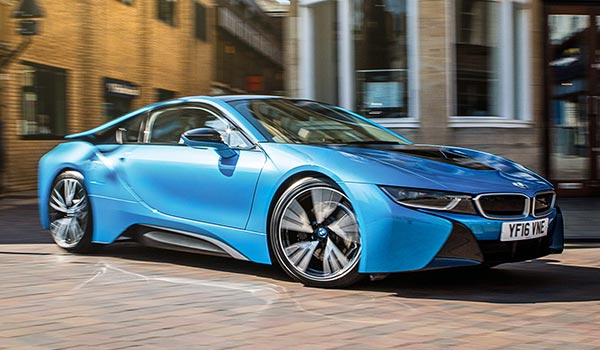
If you want to see how much you can save by going solar, check out our solar savings calculator.
Not sure which solar system is right for you, get a quote for a solar installation.
Think you can't afford to go solar? Think again, you can still save over 50% on your energy bill, even with solar financing.

